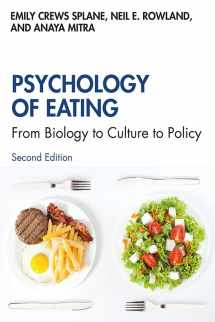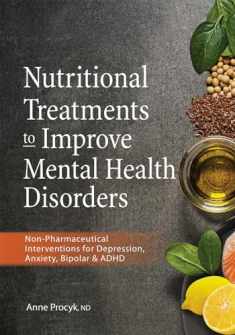
Psychology of Eating: From Biology to Culture to Policy
Book details
Summary
Description
The Psychology of Eating is the essential multi-disciplinary introduction to the psychology of eating, looking at the biological, genetic, developmental, and social determinants of how humans find and assimilate food.
Thoroughly revised and updated, the new edition brings multi-faceted expertise to the topic of normal and dysfunctional food intake, juxtaposing "normal" eating, eating in environments of food scarcity, and the phenomenon of "abnormal" eating prevalent in many modern-day developed societies. Eating disorders are not a focus, but also emerge from, this approach. Key features include:
- A new expanded section considering the roles of business and government in creating and potentially solving the issue of "abnormal" eating
- Learning objectives, talking points, and end-of-chapter glossaries
- Chapter-by-chapter self-assessment questions.
With questions of food production, food choice, and environmental sustainability becoming more critical in an increasingly populated world, this is crucial reading for undergraduate courses in Psychology and other disciplines with a holistic and critical thinking approach to the psychology of food intake.


We would LOVE it if you could help us and other readers by reviewing the book
Book review





